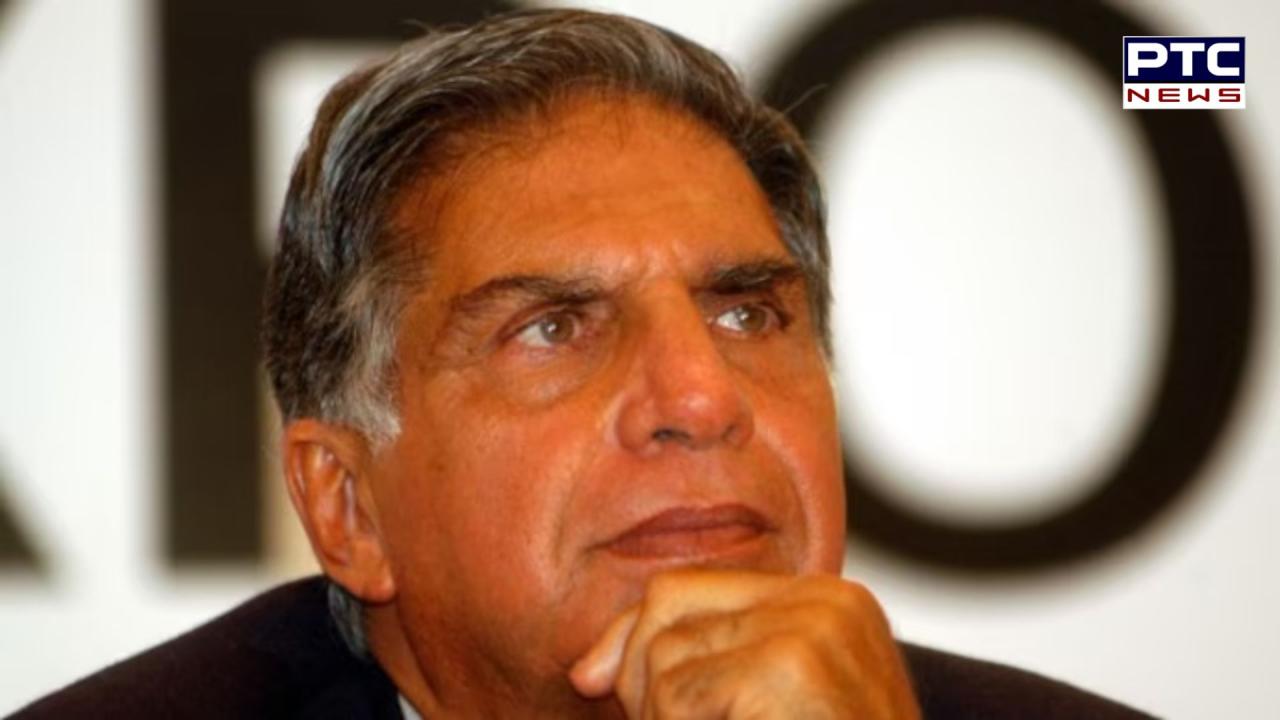Ratan Tata: Despite his towering achievements, Tata maintained a humble lifestyle | Know all about his life
As India and the world pay tribute to this visionary leader, his legacy of simplicity, integrity, and social responsibility will continue to inspire future generations
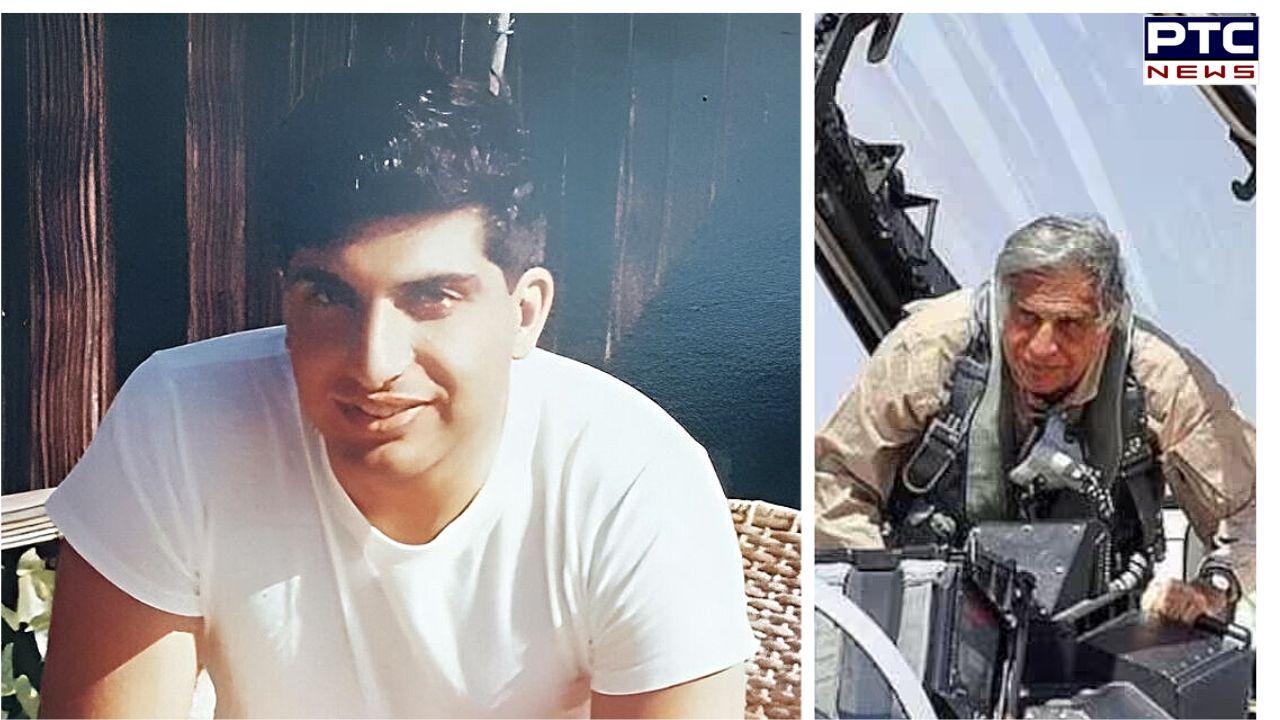
Ratan Tata death news live updates: Ratan Tata, the Chairman Emeritus of Tata Sons and one of India's most respected industrialists, passed away at the age of 86. He breathed his last at Mumbai's Breach Candy Hospital, where he had been admitted earlier in the week. Just a few days before, on October 7, reports surfaced about his hospital visit, but he had reassured everyone through a social media post, stating that he was fine and there was no cause for concern.
Ratan Tata was known for his visionary leadership and simplicity. He was instrumental in launching India's most affordable car, the Tata Nano, and more recently, in acquiring the debt-ridden Air India through an 18,000-crore cash deal. Despite his towering achievements in business, Tata maintained a humble lifestyle, living in a modest apartment in Mumbai.
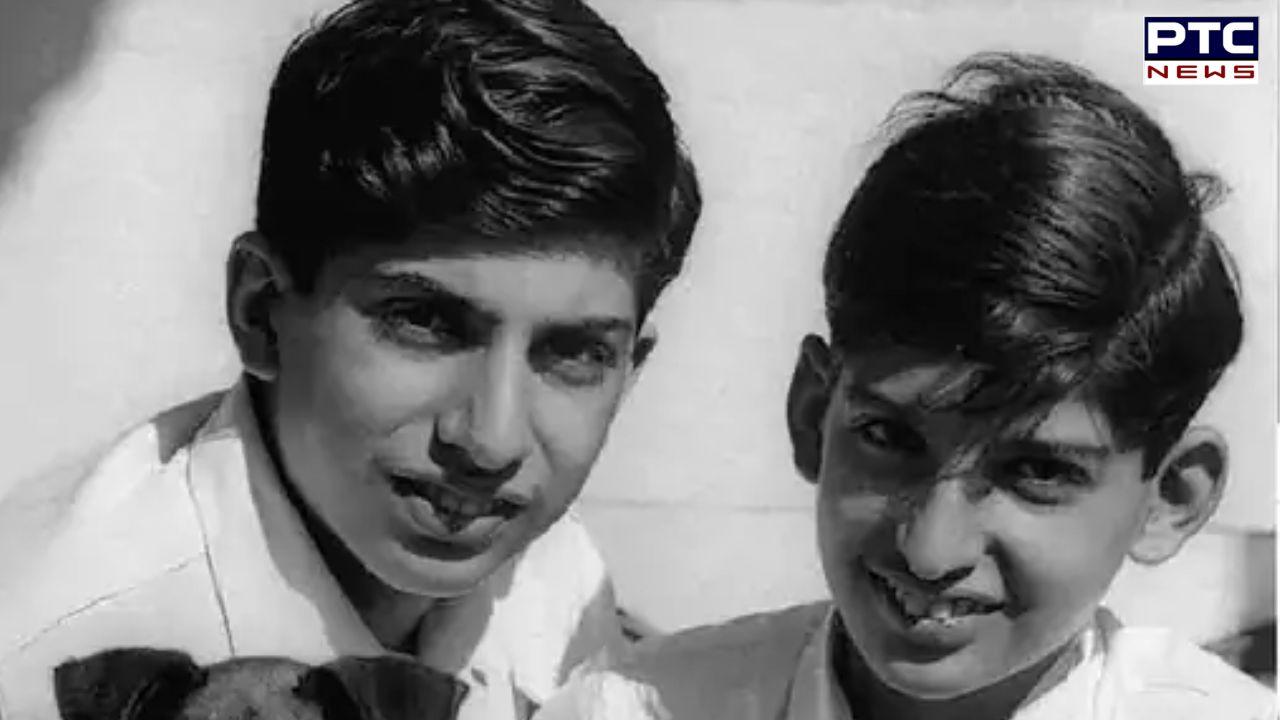
Early Life: Raised by his grandmother
Born on December 28, 1937, to Naval and Soonoo Tata, Ratan Tata was the great-grandson of Jamsetji Tata, the founder of the Tata Group. The Tata family has deep roots in the Parsi community. When Ratan Tata was young, his parents separated, and he was raised by his grandmother. This challenging upbringing shaped his values and work ethic, which would later define his leadership style.
Leadership journey: From shop floor to chairman's office
Ratan Tata joined the family business in 1962, starting at Tata Steel's shop floor before gradually rising through the management ranks. In 1991, JRD Tata stepped down, appointing Ratan Tata as the new Chairman of the Tata Group. This transition marked the beginning of a new era for the conglomerate. Under his leadership, the group's profits soared 50 times over 21 years. The majority of this growth came from international sales, including iconic brands like Jaguar Land Rover and Tetley.
Ratan Tata's tenure was marked by significant acquisitions and expansions, notably the purchase of British luxury carmaker Jaguar Land Rover and tea brand Tetley. These acquisitions helped transform Tata from a primarily Indian company into a global powerhouse, with a presence in over 100 countries. By the time Ratan Tata retired in 2012 at the age of 75, the Tata Group had become one of India's largest multinational conglomerates.
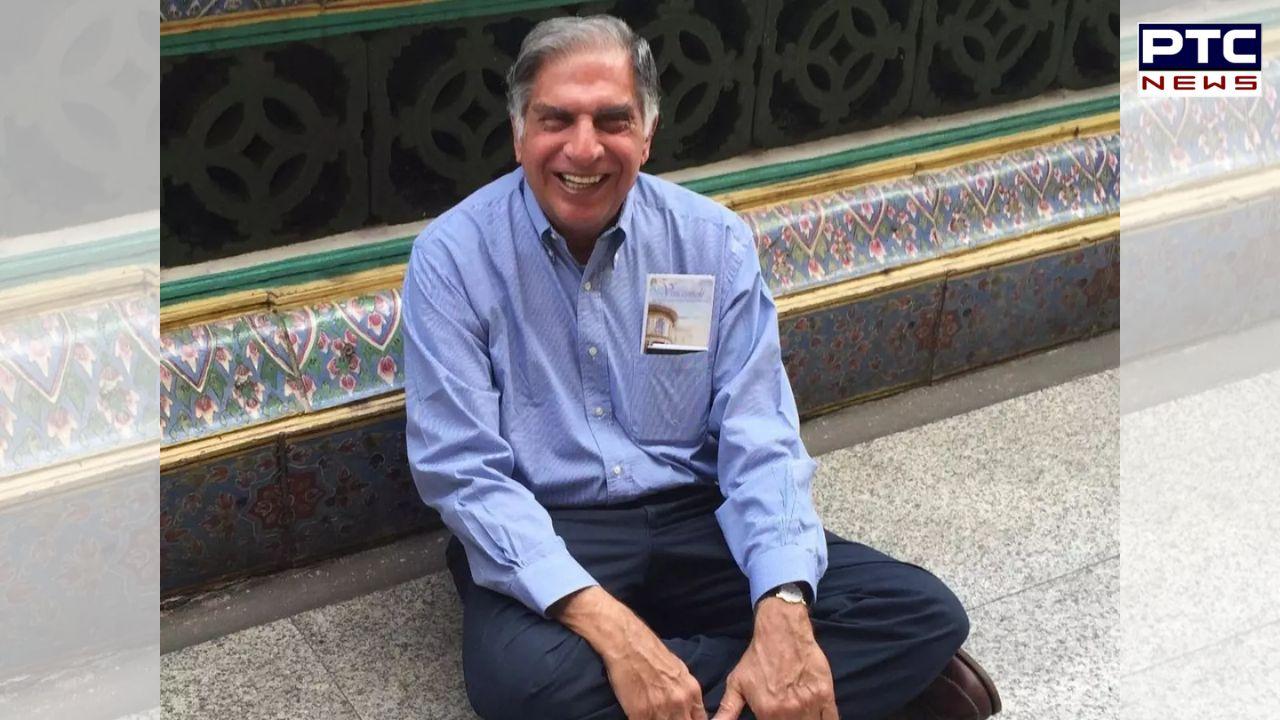
Personal Life: A love for books, cars and simplicity
Ratan Tata was known for his reserved nature, preferring to speak only when necessary. A book lover, he had a particular interest in success stories and spent much of his retirement indulging in reading. In an interview, he mentioned that he enjoyed listening to music from the 60s and 70s, particularly classical symphonies from composers like Beethoven and Tchaikovsky.
His passion for cars was well-known. He appreciated both vintage and modern cars, particularly their styling and engineering. He once shared that he bought cars not just for driving but to study their mechanics and design. His collection included some rare and iconic models.
Ratan Tata's friendships and mentorships
One of Ratan Tata's closest friends was Shantanu Naidu, a 30-year-old manager at Tata Group. Naidu, who regarded Tata as a mentor, shared anecdotes that highlighted Tata's warmth and humility. In one instance, Tata personally drove Naidu to a dinner at Mumbai's 'Thai Pavilion' and attended Naidu's graduation ceremony after promising him that he would try his best to be there.
Naidu first met Tata when he was preparing to leave for an MBA programme at Cornell University. During their first interaction, Tata had jokingly asked Naidu about a visible injury, "Did a dog bite you?" Immediately after, he apologised, saying, "That was a terrible joke." This playful yet caring nature endeared him to those who knew him well.
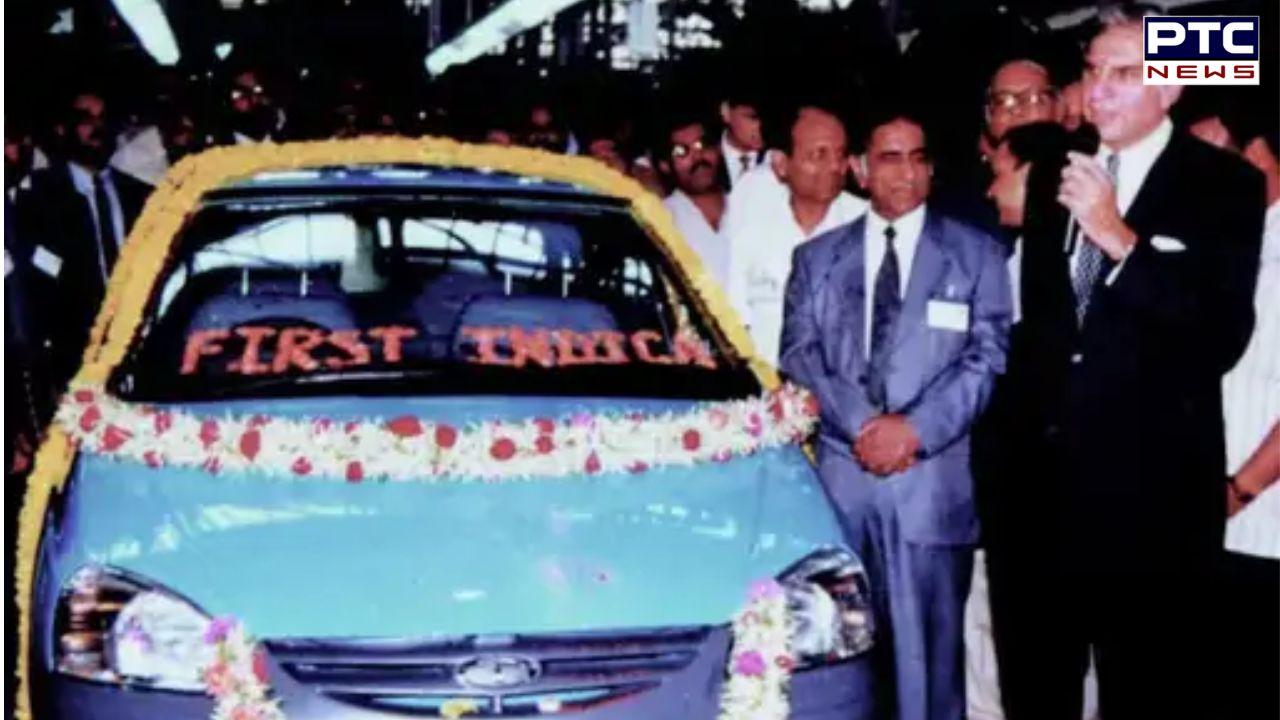
Stepping down and leadership transition
After leading the group for over two decades, Ratan Tata stepped down as the Chairman in 2012, naming 44-year-old Cyrus Mistry as his successor. The decision was significant, as Mistry's family was the largest individual shareholder in the group. However, tensions between Mistry and the Tata board soon surfaced. In October 2016, with Ratan Tata's full support, Mistry was removed from his position less than four years after taking over.
Ratan Tata briefly resumed the role of interim chairman until a new successor was announced in February 2017. This period marked a turbulent phase for the group, but Tata’s presence helped steer the company through the transition.
Philanthropic vision: A commitment to giving back
Ratan Tata's legacy extends beyond business success. He was deeply involved in Tata Trusts, the philanthropic arm of the group. The Trusts focus on education, healthcare, and rural development, reflecting Ratan Tata's belief in using business success for social good. During his tenure, he ensured that 60-65% of Tata Sons' dividend income went towards charitable causes.
In response to the COVID-19 pandemic, Ratan Tata donated Rs 500 crores to help India combat the crisis. His contributions to education also included a $50 million donation to Harvard Business School for establishing an executive centre, recognizing the value of learning and knowledge-sharing. These acts of philanthropy earned him global respect as a visionary leader who believed in giving back to society.

Throughout his life, Ratan Tata maintained a commitment to ethics, integrity, and service to society. He was honoured with the Padma Bhushan and Padma Vibhushan, two of India's highest civilian awards, for his contributions to the country. Even after stepping down from executive roles, he remained a guiding force for the Tata Group, serving as an advisor and mentor.
Tata Group: A global conglomerate
Founded in 1868 by Jamsetji Tata, the Tata Group has grown into India’s largest multinational conglomerate. It operates across 10 sectors, including steel, automobiles, IT, and telecommunications, with over 30 companies operating in more than 100 countries. Currently, N Chandrasekaran serves as the Chairman of Tata Sons, guiding the group into a new era.
Tata Sons acts as the principal holding and investment company for Tata entities. A unique aspect of Tata's structure is that 66% of Tata Sons' equity share capital is held by charitable trusts, dedicated to causes such as education, healthcare, arts, culture, and livelihood generation.
A Key player in India's economy
For the financial year 2023-24, Tata Group's total revenue exceeded Rs 13.86 lakh crore, making it one of the largest contributors to India's economy. The group provides employment to over one million people, with its products integrated into the daily lives of millions of Indians—from Tata Tea in the morning to Tata Steel in numerous products around the home.
Ratan Tata’s passing marks the end of an era for Tata Group and for Indian industry as a whole. His journey from the shop floor at Tata Steel to leading India’s most iconic business group is a testament to his resilience, vision, and commitment to creating lasting change. As India and the world pay tribute to this visionary leader, his legacy of simplicity, integrity, and social responsibility will continue to inspire future generations.
